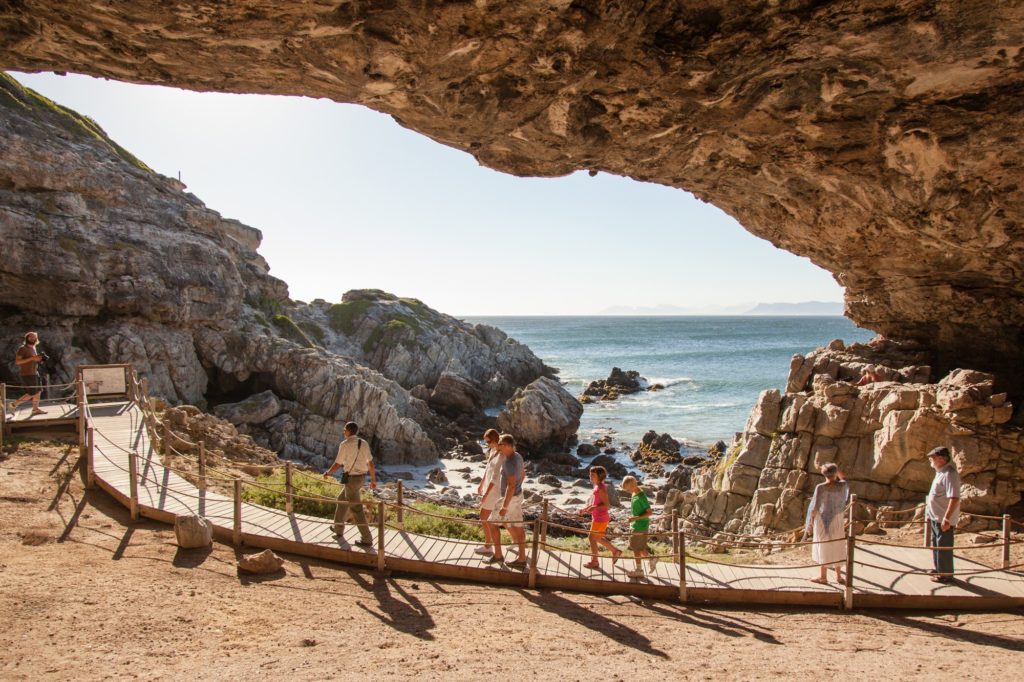A journey through the Cradle of Human Culture traces the origins and development of human culture over the past 160 000 years and, in the process, it also uncovers what it means to be human.
From engraved ostrich eggshells and bone tools to shell beads and the first evidence of drawing, visitors will discover some of humanity’s earliest use of symbols, art and technological innovation.

While the Cradle of Humankind in Gauteng holds some of the earliest evidence of the human journey, starting from about 3.5-million years ago, the Cradle of Human Culture holds evidence of how our ancestors started to manifest abstract thought, to use fire to improve their tool-making skills and to systematically exploit marine resources for their nutrition.
These sites reveal how we, as Homo sapiens, started to innovate socially, behaviourally and culturally. By following the footsteps of our early predecessors, visitors will discover how we became what we are today.

The Cradle of Human Culture includes several archaeological and palaeontological sites in the Western Cape. The three major ones are Diepkloof Rock Shelter in the Cape West Coast (Weskus), Blombos Cave and Pinnacle Point on the Southern Cape Coast. However, a trip to the Cradle of Human Culture includes more than these three sites and the development and expression of human culture can be traced across all sites.

Experience the two journeys through the Western Cape. Along the Artist’s Journey in the Cape West Coast (Weskus), you will discover the West Coast Fossil Park, San Rock art dotted along the Cederberg and unique guided experiences that will leave you feeling inspired. Along the Coastal Journey, you will catch a glimpse of the Cape Winelands, delving into the Cape Overberg and exploring the famous Garden Route & Klein Karoo discovering coastal caves and the underground cave wonder known as the Cango Caves.


Website: www.cradleofhumanculture.co.za
Picture/s: SUpplied

